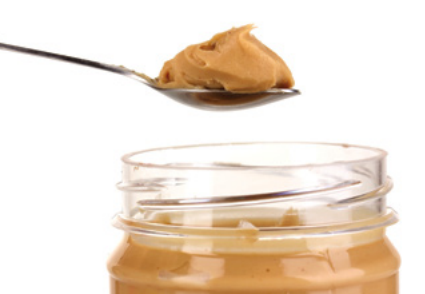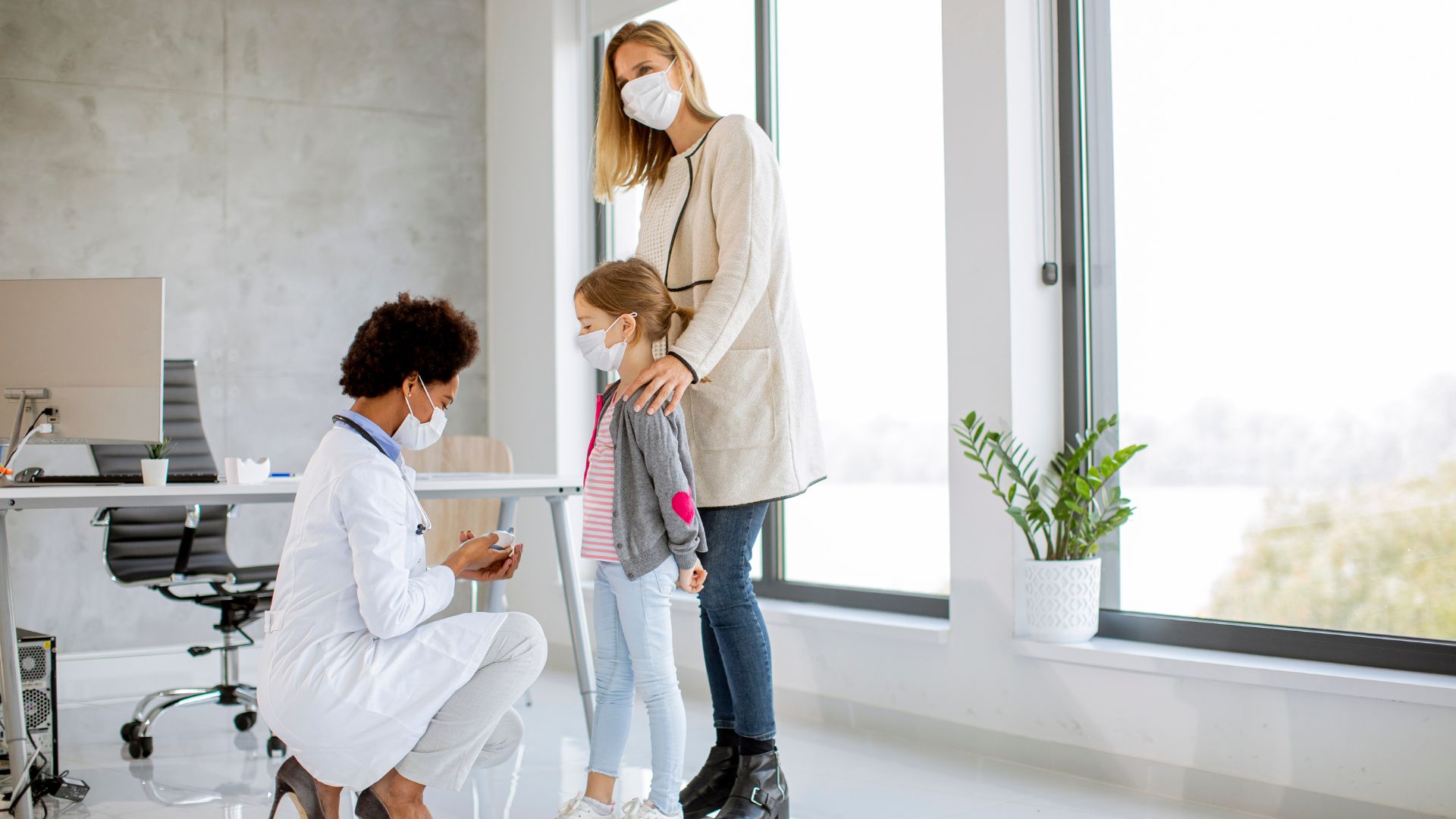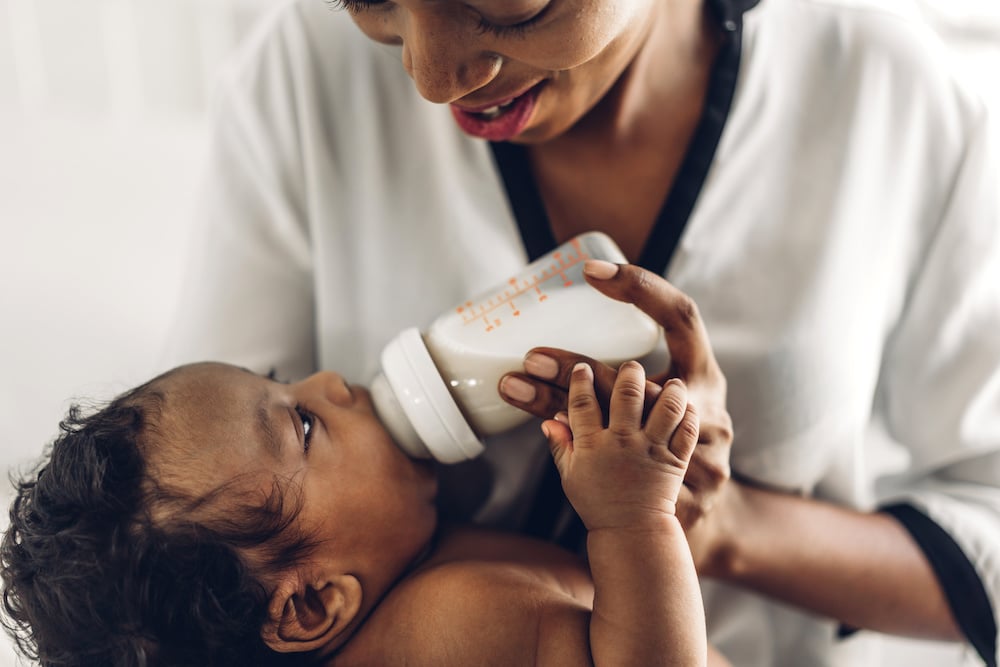When my first baby was about 2 months old, I went to visit my coworkers. They invited me to a lunch meetup so they could see the baby.
It was one of those things that had been carefully planned in advance. In other words, it had been planned in the worst possible way for someone with an unpredictable infant.
My baby was a colicky, screamy, up-allnight sort of baby. In fact, I’d been awake for well over 24 hours when I staggered into my old office building, baby in tow.
The memory of that luncheon is cloudy and nightmarish. But I do remember someone asked me about new parenthood: What had surprised me the most?
Wild-eyed and crazed from sleep deprivation, I blurted, “Well, I was pretty surprised when I discovered I’d be up all night with my baby — like seriously, all night! Night after night! It’s relentless! What gives?”
There was an uncomfortable pause.
Then my coworker Eric (not his real name) offered up his own earnest assessment of parenthood: “Becoming a parent has made me so much more grateful for all the things my own parents have done for me,” he intoned. “I really have a new perspective on generosity and unconditional love.”
Other people in the room nodded soberly in agreement. I felt ashamed of my own bitter response.
The ‘gift’ of cancer?
I feel similarly shameful now when I read accounts of fellow cancer caregivers who describe the caregiving experience as “transcendent” and “a gift.” For example, I recently read an essay by Tracy Grant in the Washington Post titled, “I was my husband’s caregiver as he was dying of cancer. It was the best seven months of my life.”
Of course, there was more subtlety to the story than the headline suggests. But I just can’t get over her insistence that, “For me, there were no bad days.”
Really? Like not even one? Look, I get it — gratitude, finding the beauty in the mundane, living each day like it’s your last, etc.
But you can’t cop to one bad day? Am I too meant to have only good days?
The slog
So here it is: My husband, Nick, was diagnosed with cancer (tonsil, Stage III) in December 2017. Ever since then, it’s been an unending blur of scans, biopsies, operations, visits to the ER, radiation, chemotherapy and more. The oncologists don’t call it one of the most brutal cancer treatments for nothing!
Although he finished his treatment in early March, the recovery is proving to be slow and frustrating. His prognosis is good, but waiting three months to find out if the treatment actually worked is less than relaxing.
I’ve often heard the cancer experience (diagnosis, treatment, etc.) described as a “journey.” This idea, and the way it’s often presented, brings to my mind an image of a strong and steadfast couple holding hands, bravely venturing together into the great unknown (an ocean or a spectacular sunset is usually involved).
For me, the cancer experience has been more of a slog than a journey, similar to an experience Nick and I had on our honeymoon that we refer to as “the sakau hangover death march.” That is, it’s been more like hiking through mud endlessly with no desirable destination anywhere within sight. It’s like that, but with feeding tubes and life-threatening blood infections.
Finding meaning
But I need to remind myself: Think positive! It’s a journey. I am growing. I am grateful.
The problem is, right now, I’m not feeling grateful.
I’m feeling irritable. I’m thinking, why the hell did this have to happen to Nick?
I’m imagining all my friends and their seemingly happy and healthy family lives. Have they ever been woken up by a loud crash only to discover their husband unconscious on the bathroom floor?
But as we Minnesotans like to say — it could be worse! So many people are going through so many unthinkable trials. And if anyone can find meaning in the madness, I think that’s great. I can imagine there might be a time when I’ll look back on all this as a deeply meaningful experience.
But for right now, everything just sucks. And I guess the point I want to make is this — if you find yourself in some crappy circumstances, it’s OK to acknowledge that everything is cruddy, and leave it at that.
You’re not obligated to create “meaning.” The meaning can come later.
Shannon Keough lives in St. Paul with her husband and two children. Read Cancer Wife, Part 2.




















